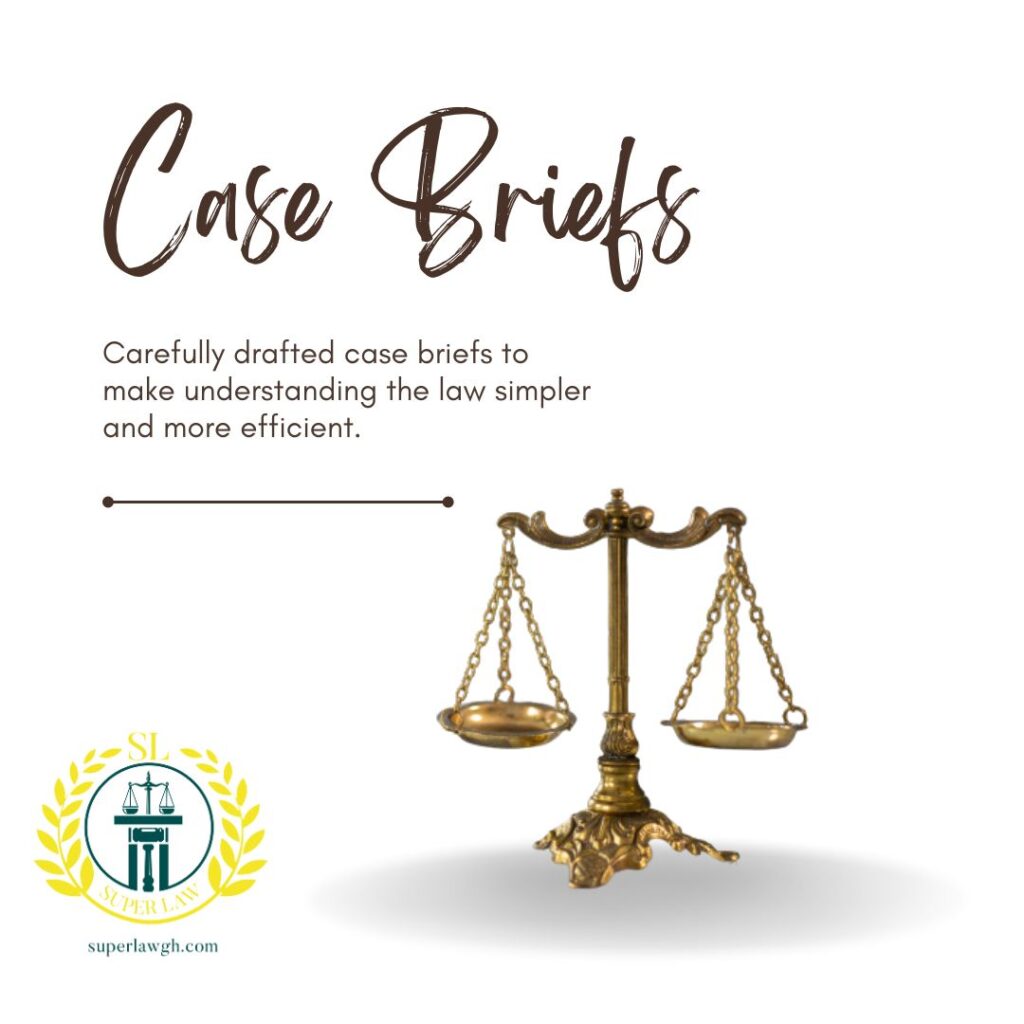A legal practitioner and a real estate expert, Victor Owusu Asante has advised the public to do the necessary due diligence when acquiring lands in Ghana to free themselves from the numerous litigation bedeviling the sector.
He, however, advised prospective buyers to consult real estate lawyers to conduct the necessary searches for them while cautioning against the use of ‘goro boys’.
In an interview with Graphic Online, he outlined seven (7) steps to be taken in this regard.
Firstly, one has to identify the seller, who he is to ensure that his or her identity is not in doubt.
One has to know whether it’s a natural person, a company, a foreigner, a Ghanaian, etc.
Secondly, one has to go with a licensed surveyor to the land.
He noted that usually, the seller will have a site plan of the land already but as a prudent person, a buyer has to go to the land with his or her own surveyor.
The buyer has to make the seller point to the actual coordinates of the land for the surveyor to take the same and generate a site plan.
He noted that the site plan is the main document used in conducting legal due diligence.
Next is to conduct official searches. Depending on the location of the land, for instance Accra is a land title registration zone so one can conduct a search here using the current consolidated search system of the various divisions of the Lands Commission.
Mr Owusu Asante said that previously, one would have been required to do individual searches at the various divisions but today, whether is public land, family land, or stool land, one wouldn’t have to search individually.
Also, he advised purchasers to conduct a litigation search at the area where the land is situated as well as a search on the seller at the Court (High Court, Circuit, or District Court) to ensure that the land is not a subject of litigation before the court.
After this, the real estate lawyer advised that one should proceed to search for the Land Use and Spatial Planning Authority (LUSPA) as well to know the zoning plan of the area.
He noted that sometimes an area might have been zoned as a school, hospital, etc. by the LUPSA formerly called Town and Country Planning, and thus it would be in the best interest of a prospective purchaser to know if it can be used for his or her intended purpose.
Mr Owusu Asante mentioned that there are exceptional instances where one can apply for re-zoning if the zoning plan does not align with one’s purpose of acquiring land.
Further, the various search reports would be studied by a real estate lawyer to study and upon being satisfied he does a sale and purchase agreement between the seller and purchaser. This agreement will spell out the terms of the agreement and will form the basis for drafting the deed of transfer.
After the buyer has paid the required amount, the seller’s lawyer prepares the deed and properly executes same for the buyer to take it to the Lands Commission to stamp and register it. He mentioned that per the law, a land title gives a purchaser of land an indefeasible title to the land.
- Identify the seller
- Go with a licensed surveyor to the land
- Conduct official searches
- Conduct a litigation search at the area where the land is situated
- Proceed to search for the Land Use and Spatial Planning Authority (LUSPA)
- Do sale and purchase agreement between the seller and purchaser
- After buyer has paid the required amount, the seller’s lawyer prepares the deed and properly executes same for the buyer to take it to the Lands Commission to stamp and register it.
GraphicOnline

